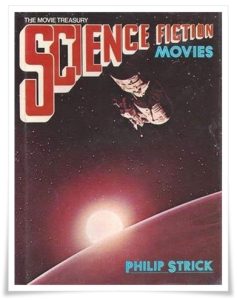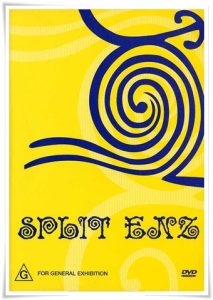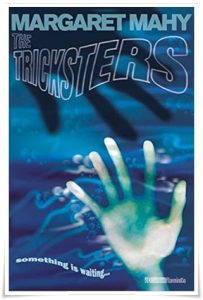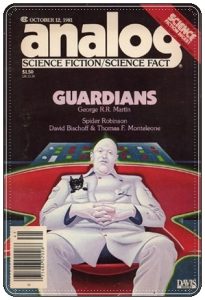Science Fiction Movies
by Philip Strick (Octopus Books, 1976)
Broad in its definition of science fiction, wide-ranging in its consideration of obscure and/or non English–language movies, Strick’s compendium offers both a balanced, incisive overview of the vintage SF corpus and a good-humoured jumping-off point for delving into individual genre films.



![Film poster: “Department Q: The Absent One” dir. Mikkel Nørgaard (2014) [Danish, subtitled; originally ‘Fasandræberne’]](https://www.derelictspacesheep.com/wp-content/uploads/2025/03/Department-Q_Absent-One-202x300.jpg)






